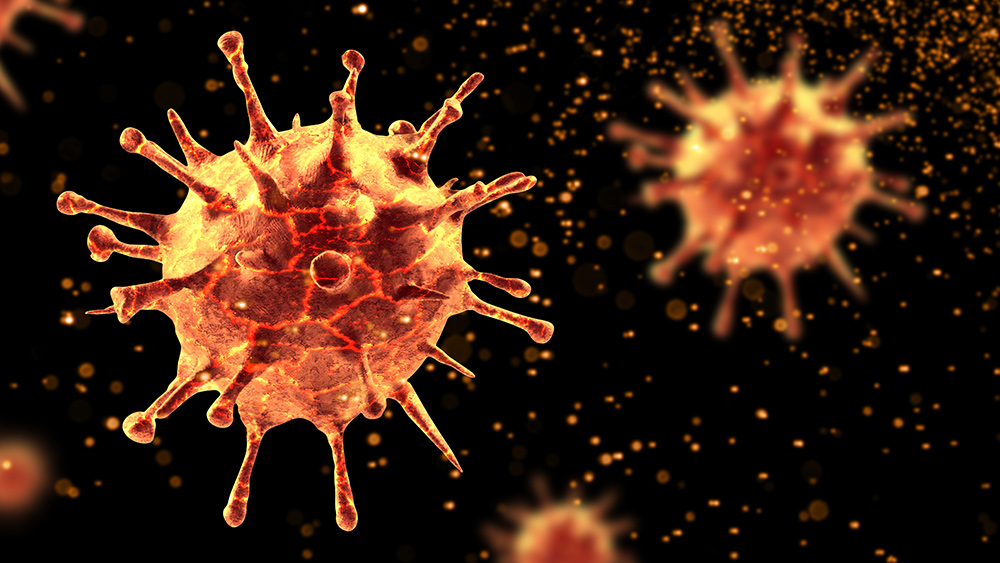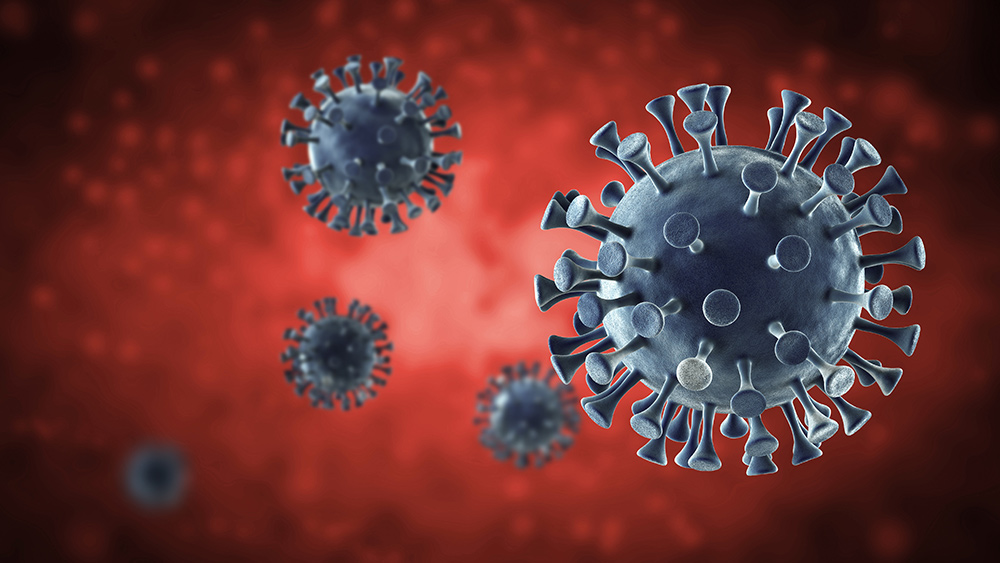A healthy lifestyle, plus ginger, can benefit those with liver disease
04/09/2020 / By Michael Alexander

Aside from being a tasty and flavorful spice, ginger (Zingiber officinale) has another trick up its spicy sleeve: It may hold the key to treating liver problems, specifically, nonalcoholic fatty liver disease (NAFLD).
One of the most common liver diseases, NAFLD refers to a group of conditions wherein excess fat accumulates in the livers of people who drink little or no alcohol. The risk of NAFLD goes up in individuals with Type 2 diabetes and other conditions related to the metabolic syndrome, such as high blood pressure and high cholesterol.
NAFLD is a very common disorder that affects one in five adults and around one in ten children in the United States. According to experts, obesity is the most common cause of fat accumulation in the liver.
At present, there is no singular treatment for NAFLD besides implementing healthy lifestyle modifications, such as switching to a healthier diet, increasing physical activity levels and avoiding alcohol and unnecessary medications.
However, research suggests that ginger may be one possible solution.
The study, published in the journal Hepatitis Monthly, explores the possibility of ginger acting as an insulin sensitizer due to its hypolipidemic and antioxidant effects.
For their study, the researchers split 44 patients with NAFLD into two groups. One group was told to take two grams of a ginger supplement per day while the other group was instructed to take a placebo. The supplementation lasted for 12 weeks.
The participants in both groups were also asked to follow a modified low-cholesterol and high-fiber diet, as well as to participate in scheduled physical activity programs. In order to remind the participants about supplement consumption, the researchers made phone calls to them at the end of each week.
After 12 weeks, the researchers measured metabolic parameters and indicators of liver damage using blood tests. These were then compared to test results taken before the start of the study.
According to the researchers, the participants who took the ginger supplements experienced significant improvements not just in their liver health, but also in their insulin sensitivity. Compared with the participants who took placebos, those who received ginger supplements had better results.
The researchers concluded that supplementing with ginger likely increased the effectiveness of lifestyle interventions, such as physical activity and diet modifications, in the participants.
Spice up your life with the health benefits of ginger
Aside from its ability to support healthy liver function in conjunction with healthy lifestyle changes in people with NAFLD, ginger also possesses a wide array of health benefits. (Related: How to grow ginger at home.)
Long considered as one of the most healthful spices in existence, ginger can help manage and relieve the following conditions:
- Morning sickness in pregnant women
- Nausea
- Muscle pain and soreness
- Joint pain
- Indigestion
- Menstrual pain
In addition, ginger also supports good cardiovascular health and promotes cognitive and immune functions.
According to experts, these effects stem from the herb’s rich stores of healthy compounds, such as shogaols, gingerols, gingerones, phenolics and paradols. These compounds are what gives ginger its anti-cancer, antioxidant and anti-inflammatory properties.
A versatile spice, fresh and dried ginger can be easily added to any dish, such as stir-fried organic vegetables, soups, several types of pastries and even drinks like tea and lemonade. Ginger is also available in supplement form for people who do not like its natural taste.
However, medical experts and healthcare providers have a warning for those who want to increase their ginger intake: It may not be safe for people who are taking blood-thinning medications, as ginger already has natural blood-thinning properties.
Read more about functional foods at Food.news.
Sources include:
Tagged Under: alternative medicine, food cures, food is medicine, functional food, ginger, herbal medicine, Herbs, liver damage, liver health, natural cures, natural medicine, nonalcoholic fatty liver disease, research


















